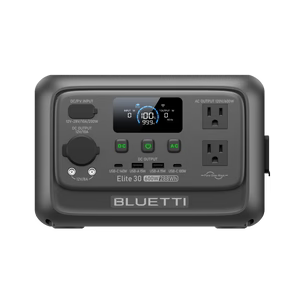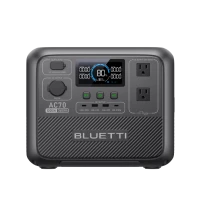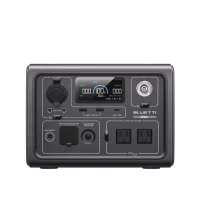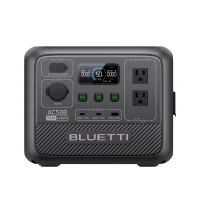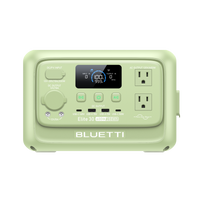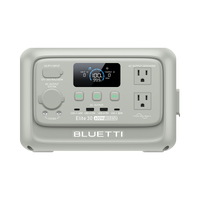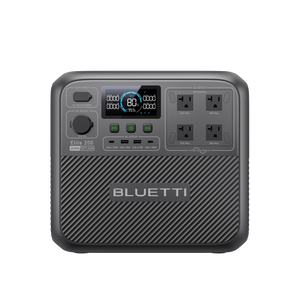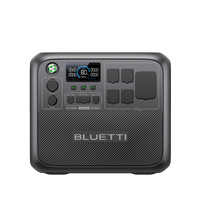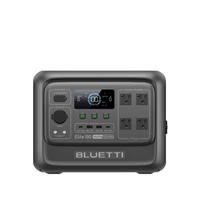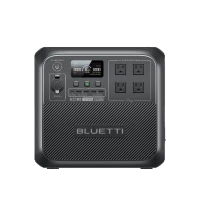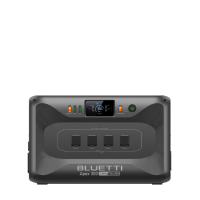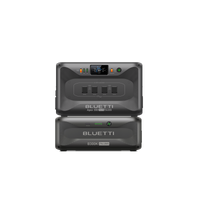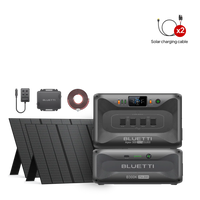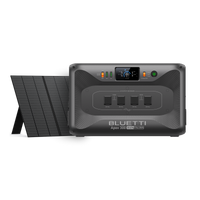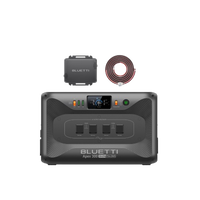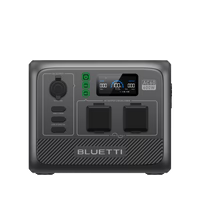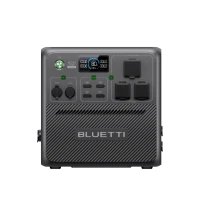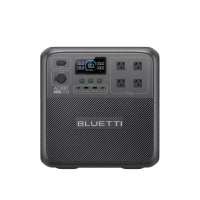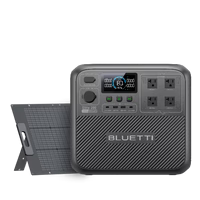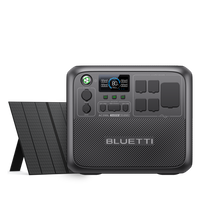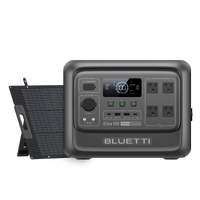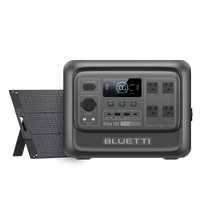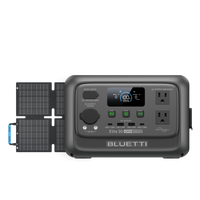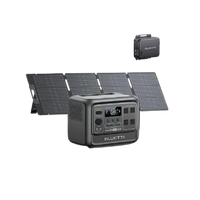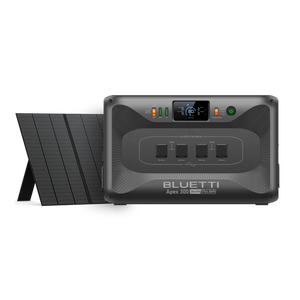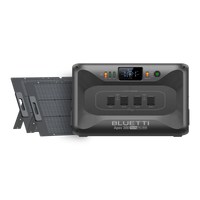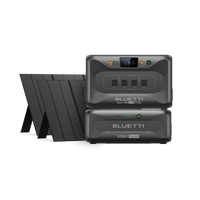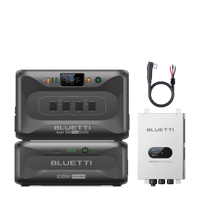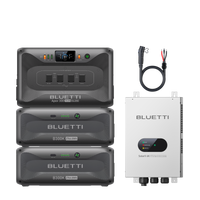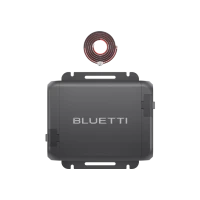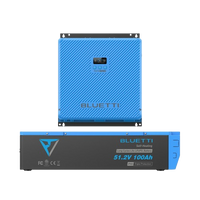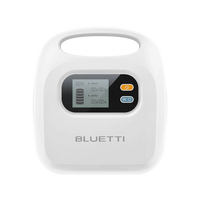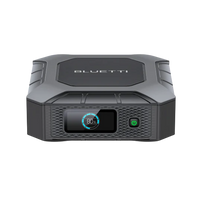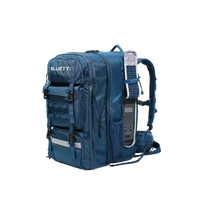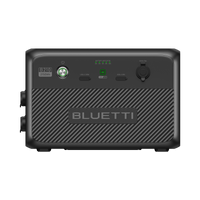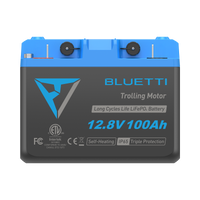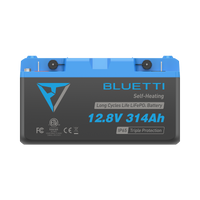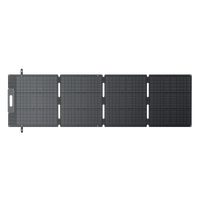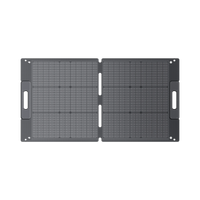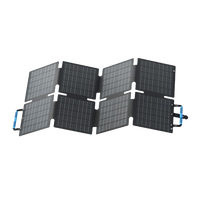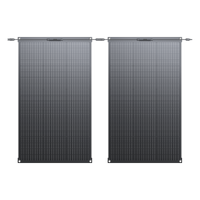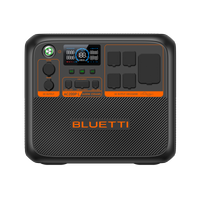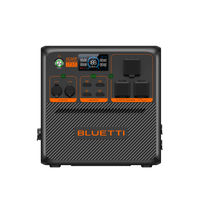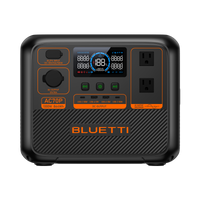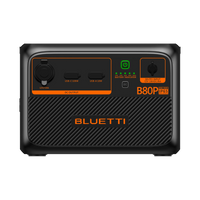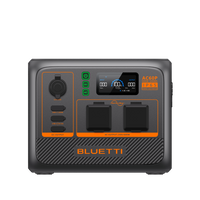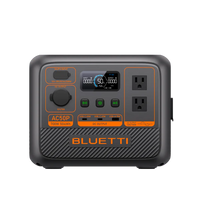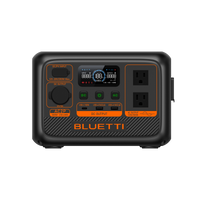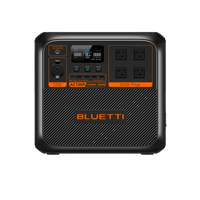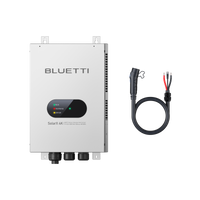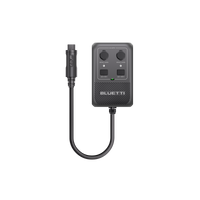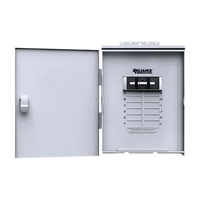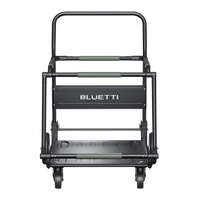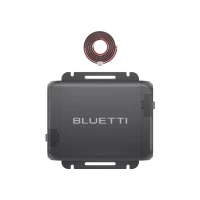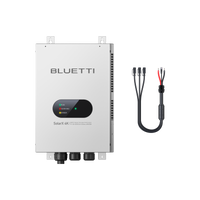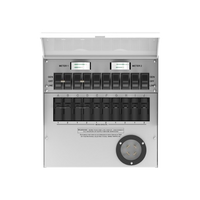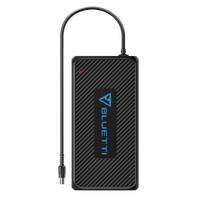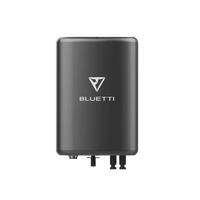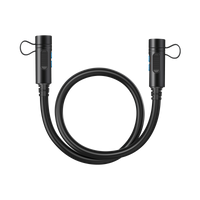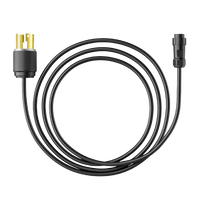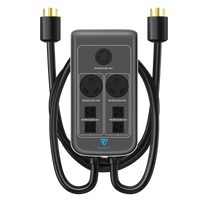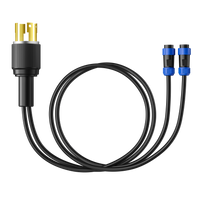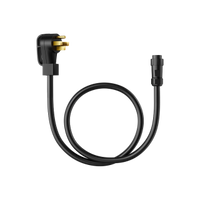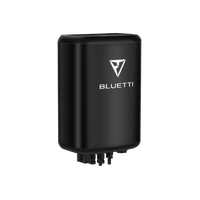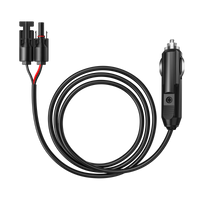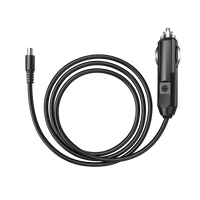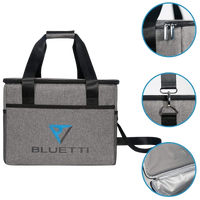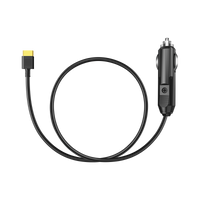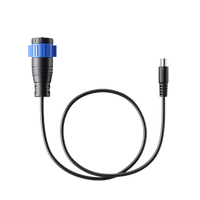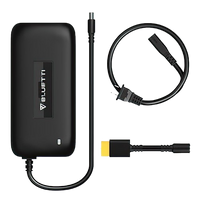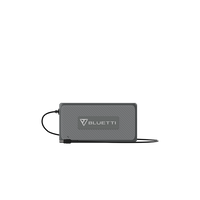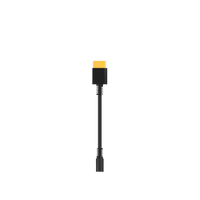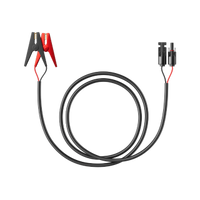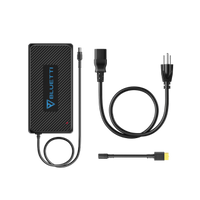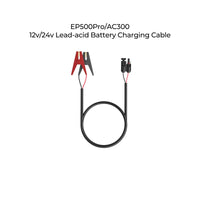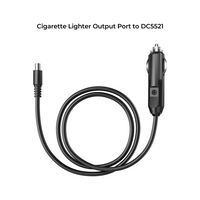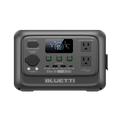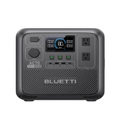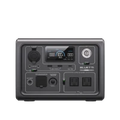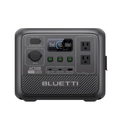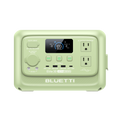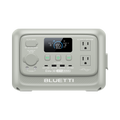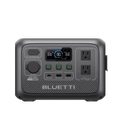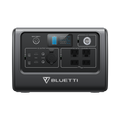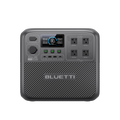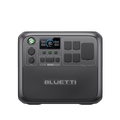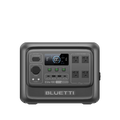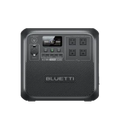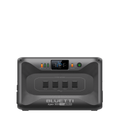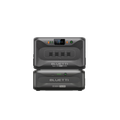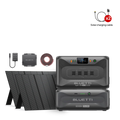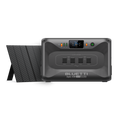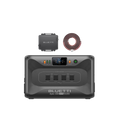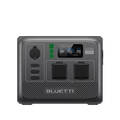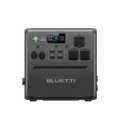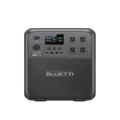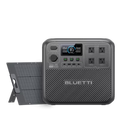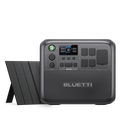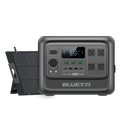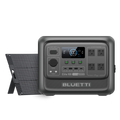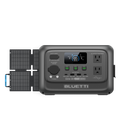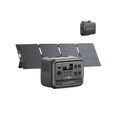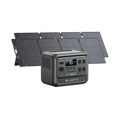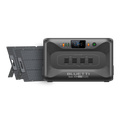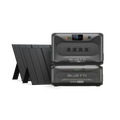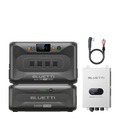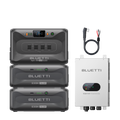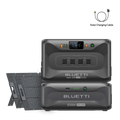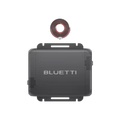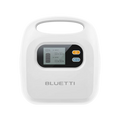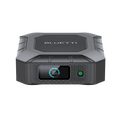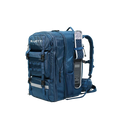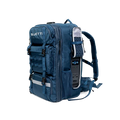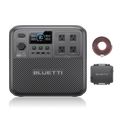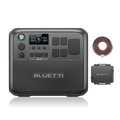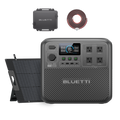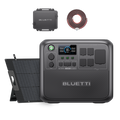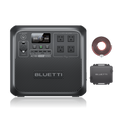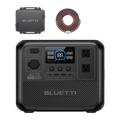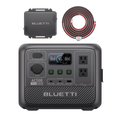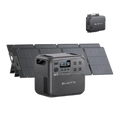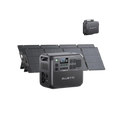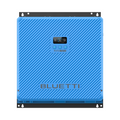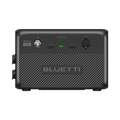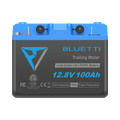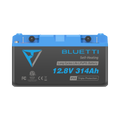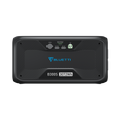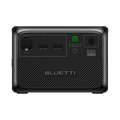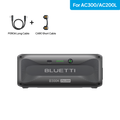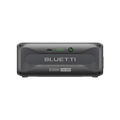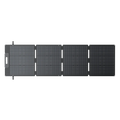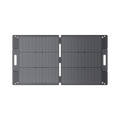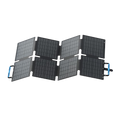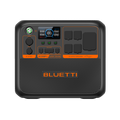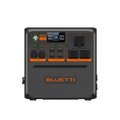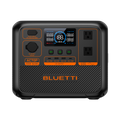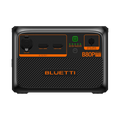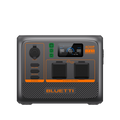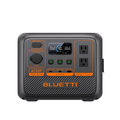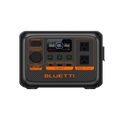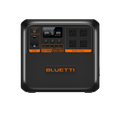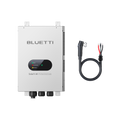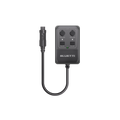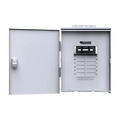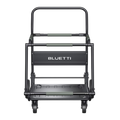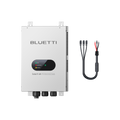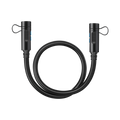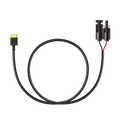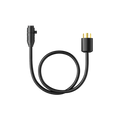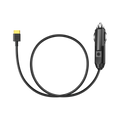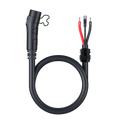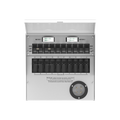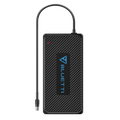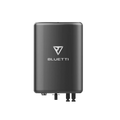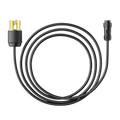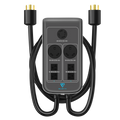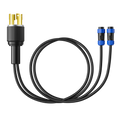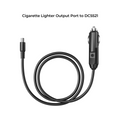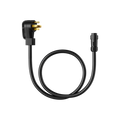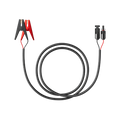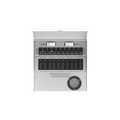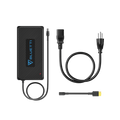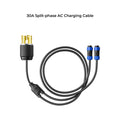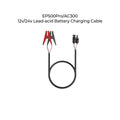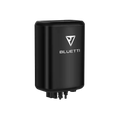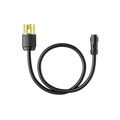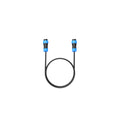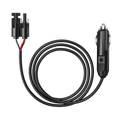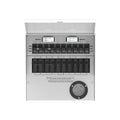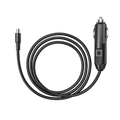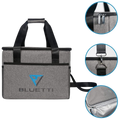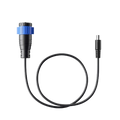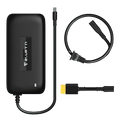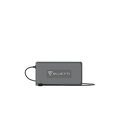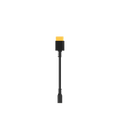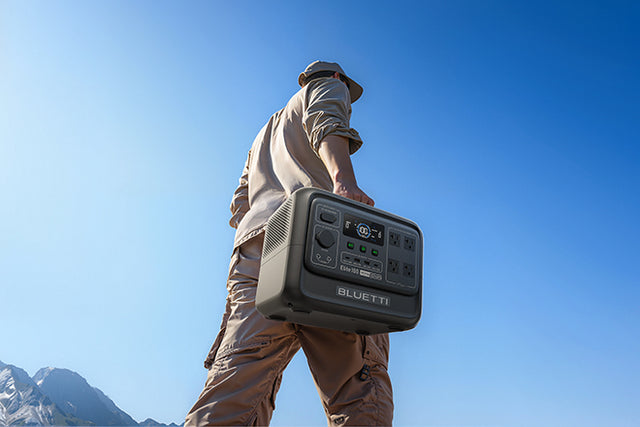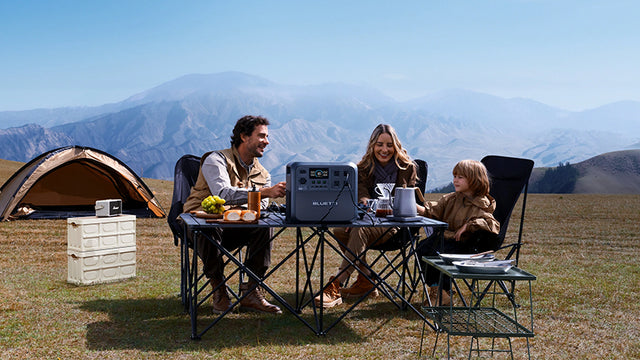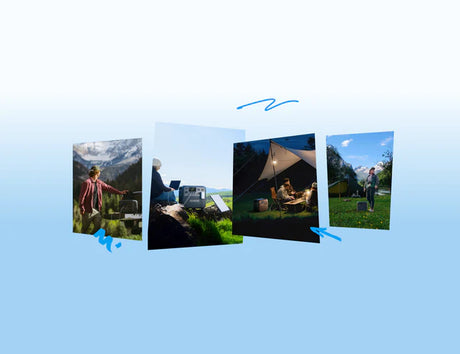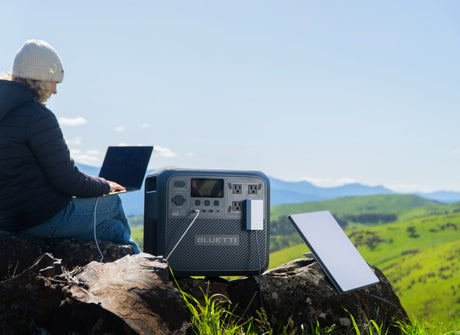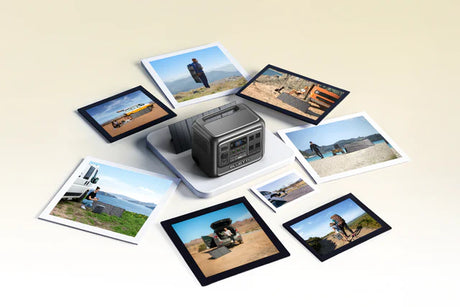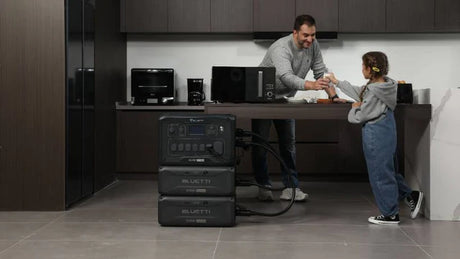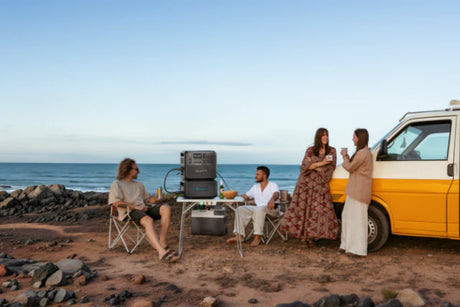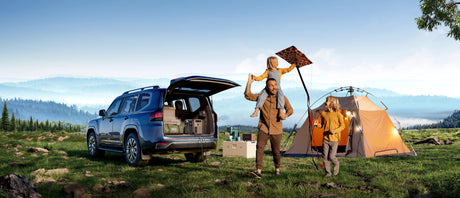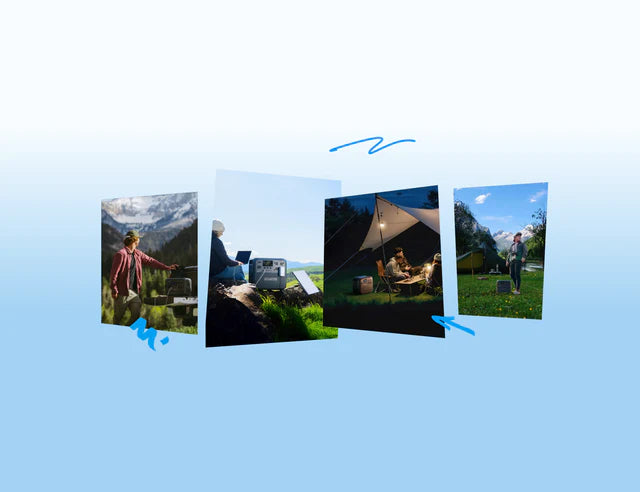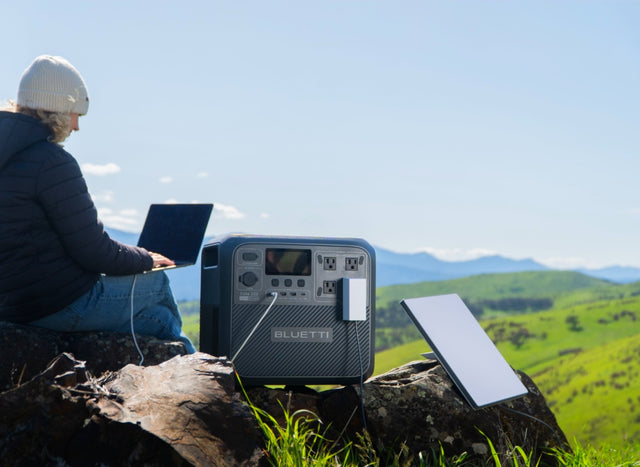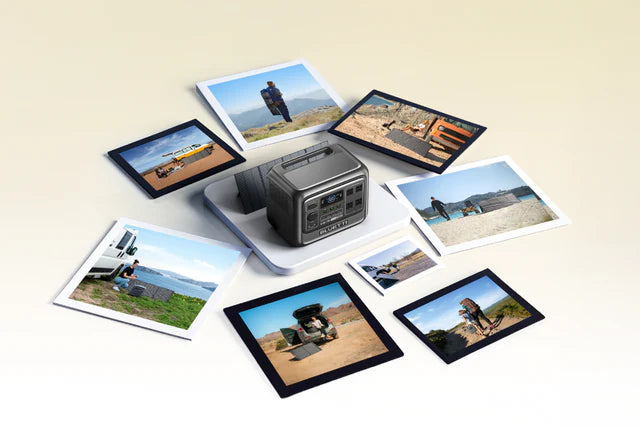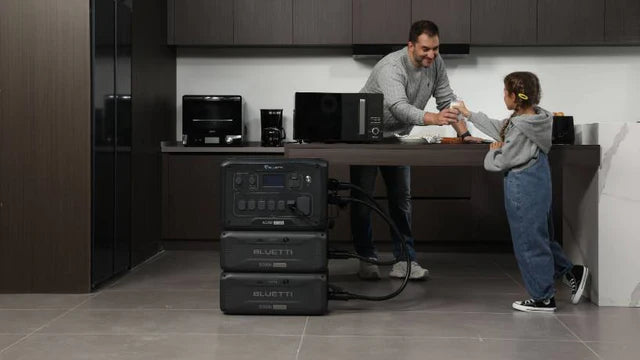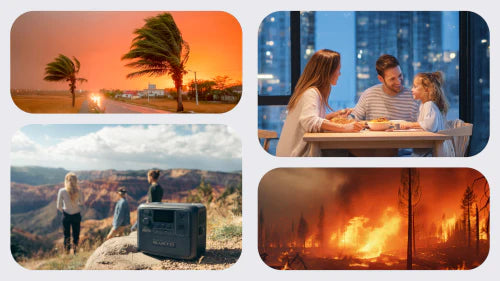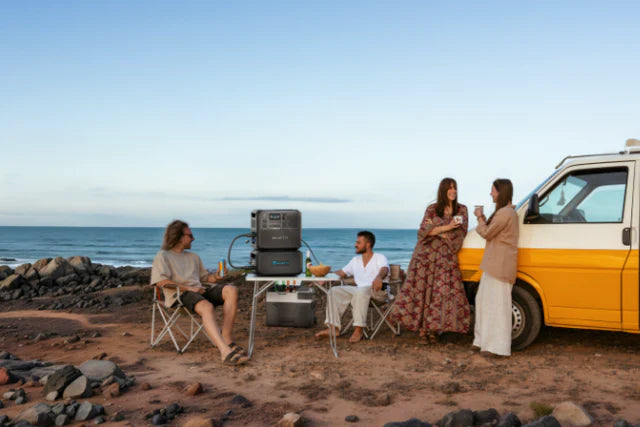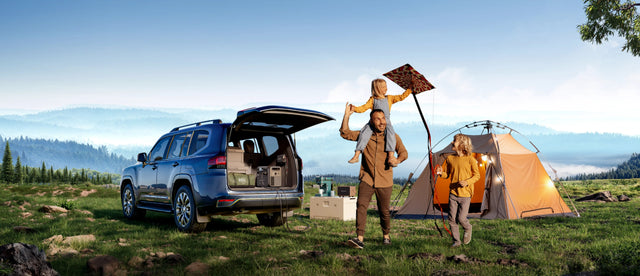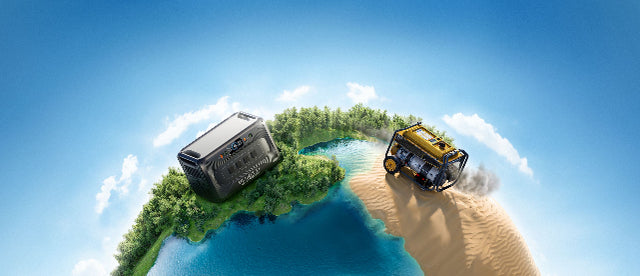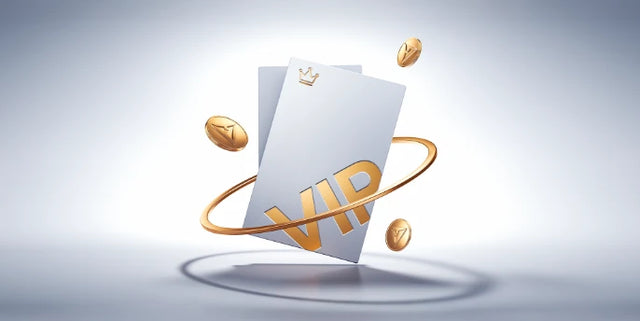Although it cannot be captured in words, fishing in Ontario is worth more than an empty platter beside the fire. It flows through the seasons and connects traditions and relationships. Boasting hallowed grounds as their proud inheritance, over 250,000 lakes, rivers, and streams beckon anglers across Canada and beyond. This is where the questions start popping up. Do I need it? How much does it cost? To whom do I apply? What happens when I fish without it? - You have come to the right place.
A Comprehensive Guide to Ontario Fishing Licenses as of 2025. Let me take you through the nitty-gritty and, of course, over some of the brooks.
Do You Need The License?
One needs to remember that the basics are all about: You need a fishing license when you are between 18 and 64 years old. But there are exceptions. Almost everywhere they appear, if not everywhere.
Standard Exemption
An Ontario outdoors card and a fishing license go together; excellent for those between 18 and 64 before thinking about tying on a jig. Both may be viewed like a pair, with the card serving as the long-term ID of that individual and the actual permission slip for the season as the license.
If either of the two is absent, then technically, you're fishing out of bounds. BY the way, yes, conservation officers actually do check-most of the time on docks, boat launches, and real shoreline hotspots.
The process is simple: get your Outdoors Card (or renew it), decide if you want to go with a Sport licence or a Conservation licence (depending on whether you want to keep more or keep less), and carry proof of your licence with you whenever you go fishing.
Either digital proof via an official PDF of your licence summary counts, and a random screenshot absolutely does not.
Age Exceptions
Now comes the very coveted section-exceptions. Teenage years make for license-free fishin', but it's definitely not free rule-shifting. Teenagers will still be held to the usual guidelines: open seasons, size limits, and daily/ possession limits.
Thus, if out with family and he happens to catch a legal walleye, you still have to ensure it is in season, appropriately sized and your entire group didn't exceed what was legally allowed for the day.
Those of the retirement age, those above age 65, have even greater exemptions from purchasing a license, but again need to prove their worth. However, they are required to show any valid ID issued by the government, which verifies their age, and like every other regulation that applies to fishing, there is no exception.
In other words, although you are free from buying, you are not free from obligations. Just remember, fishing under the age exemption still does not change slot sizes, closed seasons, or catch limits; it just means you pay nothing for a licence.
Specific Exceptions
Here is that evidence denoting how truly inclusive Ontario is.
It is nothing more than a leisure activity, but it is considered a cultural service and accessibility. First Nations, Inuit, and Métis have treaty rights allowing them to fish on treaty lands and in their traditional territories without the need for a provincial license.
It also applies to fishing for food, social, or ceremonial purposes, which uses ties to historical and cultural ties to the land and waters for Aboriginal peoples.
Such a privilege is with active and retired members of the Canadian Armed Forces. They could also fish license-free, given valid identification such as the NDI 20 card or Veteran's Service Card. This is a simple yet very important gesture by Ontario to recognize its service.
Finally, people with disabilities could also get an exemption here. With a proper proof of their disability, they could be exempted from obtaining from being exempt from needing a license, but they may also not have to obtain one for their attendant.
Licence Requirement Summary Table
|
Age / Residency |
Licence Required? |
Notes |
|
Age 18–64 |
Yes |
Outdoors Card + licence needed |
|
Under 18 or 65+ |
No |
Carry ID; must follow catch limits |
|
Indigenous (treaty rights) |
No |
Exempt within traditional territories |
|
Veterans / Armed Forces |
No |
Valid military ID serves as a licence |
|
Persons with disabilities |
Conditional |
Exemptions may apply if assistance is required |
Types of Licenses and the Fee Structure
Fishing licenses in Ontario come in several varieties, not just one. There are Sport and Conservation types and duration licenses from a single day to three years. What one chooses purely depends on the frequency of fishing, the keeping or releasing of fish, and the amount they are willing to spend.
Sport vs Conservation
That's it:
- Sport Licence = Full catch & possession limits. Perfect if you are keeping fish regularly.
- Conservation Licence = Reduced limits, about half of Sport. Usually cheaper, eco-friendlier, and best suited for those who would rather catch and release fish.
Duration Options
Ontario's license system is flexible:
- One-day License for that spontaneous fishing trip, obliging.
- An eight-day license for the tourists or cottage getaway.
- A one-year license is the general option for most.
- Three-year license: This is the best value for frequent anglers.
Charges Resident vs. Non-Resident
Fees depend on where you reside, as Ontario Residents pay the least. Other Canadian Residents pay higher. The highest fees are given to international visitors (non-Canadian).
Licence Fees Comparison (2025)
|
Licence Type |
Ontario Resident |
Canadian Resident |
Non-Resident |
|
Outdoors Card (3-year) |
$8.57 |
$8.57 |
$8.57 |
|
1-Year Sport Licence |
$26.57 |
$55.81 |
$83.19 |
|
1-Year Conservation |
$15.07 |
$33.43 |
$52.71 |
|
3-Year Sport Licence |
$79.71 |
$167.43 |
$249.57 |
|
3-Year Conservation |
$45.21 |
$100.29 |
$158.13 |
|
1-Day Sport Licence |
$12.21 |
$15.21 |
$24.86 |
|
8-Day Sport Licence |
N/A |
N/A |
$54.38 |
|
8-Day Conservation |
N/A |
N/A |
$31.52 |
Compared with Today and All the Considerations
Getting a license in 2025 will be a whole lot easier than it's ever been. I mean, unless one really wants to get bored to hell and back, almost lining up at government office counters is a thing of the last century.
On the Internet (Fastest and Most Convenient):
- Good ol' Ontario Journal and Fish Wildlife Licensing.
- Log on or set up an account.
- Buy your Outdoors Card (if need be).
- Select your license type and time.
- Pay for, download/or print, or assign the License Summary.
Tip: Save as PDF on your mobile; a screenshot isn't valid, anyway, the PDF is.
In-person:
- ServiceOntario Centers
- Canadian Tire retail stores
- Local bait shops or tackle shops
Pretty useful if you are already on the road.
Carrying an order by phone:
- 1-800-288-1155 for the purchase (multi-year only). Ready your Outdoors Card and payment information.
- 1-800-387-7011 for general inquiries.
What You Will Need
- An ID preferably issued by a local government.
- An Outdoors Card, if you have one.
- Some form of payment (highly likely a credit card).
- Oh, and bring some patience, as the Internet is not always cooperative.
Fishing Management Zones (FMZs)
Fishing in Ontario waters cannot be the free-for-all, as seen on the big screen-whoosh-the province is thus split into 20 Fisheries Management Zones (FMZ), each with its very own set of regulations.
Each FMZ tells you how to handle fishing from:
- What species are you allowed to target?
- when the fishing seasons open and close in that area,
- to specifications on size limits and the daily limits on fish kept or in possession for certain species.
Therefore, while some fishing regulations for that species may be alike, massive differences across Northwest and Southern Ontario, basically because of the FMZs' way of regulating activities.
Definitely a good practice is downloading a copy of the Ontario Fishing Regulations Summary in PDF before embarking on your fishing trip to avoid any confusion and, more importantly, hefty fines.
Keep that handy reference on your phone or in your tackle box, and you will do your part as a responsible angler wherever you cast a line.

Further Inside Info on Seasons and Catch Limits
- For different species, regulations will fluctuate and die throughout the season. In one zone, for example, Walleye may be closed while another zone is fully open.
- Conservation licenses allow keeping half of the quantity of a sport license.
- So license type matters. Ignorance is not an excuse; rest assured, conservation officers know their job.
Proofs of Licenses and Penalties
The only proof you want to take with you to the waters is your fishing rod and tackle.
If you're eighteen and above, you must be in possession of your Outdoors Card, and either in printed paper or as a PDF file saved on your phone, the summary of your license. Screenshot is not accepted; either the original one or nothing.
If somehow you walk on the exempt side- under eighteen or above sixty-five, oh well, this does not give you a free pass; you must carry a valid government-issued identification to prove your age or eligibility.
Penalties for Non-Compliance
This is serious- Fishing without proper documentation constitutes an offense.
- Hefty fines can be placed, mostly in the hundreds of dollars.
- The authorities can confiscate all the fish you have caught, your fishing gear, and sometimes even the boat!
- Or else, it would become a huge legal issue for you soon.
Moving Ahead-Free Fishing
Maybe something fun is coming up for Free Fishing Days in Ontario.
Dates for 2025 are as follows:
- Family Day Weekend: February 15 to 17
- Mother's Day Weekend: May 10 to 11
- Father's Day Weekend: June 14 to 15
- Family Fishing Week: June 28 to July 6
Fishing is free on these days for Canadian residents, but regulations apply: seasons, catch limits, and size restrictions.

Special Cases
It stands to reason that not all anglers in Ontario abide by the same rules of; there are some consideration groups when it comes to licensing.
Indigenous Communities
Indigenous communities, including First Nations, Inuit, and Métis persons, have the right to fish for food, social, or ceremonial purposes without a provincial licence within their treaty or traditional territories.
This derogation is a result of treaty rights, although conservation officers may request proof of community membership.
Disability Exemption
Another form of government disability identification can grant exemptions for disabled persons; in many instances, a support person or helper assisting in the fishing activity does not have to possess a separate licence.
Tourists and Visitors
And lastly come the tourists and visitors: the ones mostly talked about after the residents of Canada. The rules here are different; every outsider coming from outside Ontario will take a license for fishing, irrespective of age.
No visiting angler coming from outside Ontario is exempt from licensing requirements, regardless of age.
Generally, a short-term sport or conservation license is preferable: a little less expensive and a bit more flexible in holding for a full year, just to enjoy the beauty of Ontario's lakes and rivers.
These temporary licenses will allow guilt-free fishing for a weekend or even an entire summer.
Assistance & Progressions
Every angler should read the Ontario Fishing Regulations Summary every year. It is free of charge, downloadable, and serves as the best defense for the angler against mistakes.
Queries: Natural Resources Information and Support Centre can be reached at 1-800-387-7011.
Packing for a Fishing Trip
Fishing, after all, isn’t only about paperwork; it is about readiness.
The Basics
General Gear:
- Rod & reel
- Hooks, lures, extra line
- Polarized sunglasses
- Waterproof jacket, layers of clothing
Safety & Comfort:
- Sunscreen, insect repellent
- Snacks, a cooler, and a camping stove
- First-aid kit
- Lightweight chairs

Power for Fishing Adventures: BLUETTI Elite Series
Fishing has certainly changed over the years. It is still possible to whip out a line with naught but a rod and tin of worms, but most modern anglers will keep accompanied with it a little backup, whether in the form of charging up a mobile phone for those trophy pictures, GPS units, or small cookers for shore lunch.
And this is where portable power stations come to the rescue, BLUETTI having put considerable effort into building itself a name amongst compact, reliable, and stunningly quiet units.
BLUETTI Elite 30 V2 - Small But Mighty
When fishing means traveling light, the Elite 30 V2 stands in at just 4.3 kg. Just imagine tossing it into your tackle or rucksack with nary a thought about the weight. If anything, its small size accentuates how much it has outdone its weight category:
- 600 watts of output means charging your smartphone while running a small LED lantern is easy, as both AC and DC devices can be charged at the same time.
- Charging via USB-C at 140-watt fast charging means you are charging that laptop from barely alive to almost fully charged in the shortest of times.
- Elite 30 V2 is seemingly designed for single-day trips-Lightweight, inconspicuous yet powerful enough to keep your lifeline gadgets alive.
BLUETTI Elite 100 V2 - The Heavy-Duty Workhorse
Now, if you are an angler treating fishing as a weekend-long adventure or a bona fide week-long backcountry excursion, then the Elite 100 V2 would adequately represent a best friend: a real comprehensive horse with such an impressive load-carrying capability and ruggedness.
- While in your favour, it stores enough juice to do damage against you. Rugged enough to run a mini-fridge or put forth some LED lights throughout the entire night, or even operate a TV in an RV setup.
- Sturdy appliances-powering at 1,800 watts continuously. So you can run multiple gadgets all at the same time with no worries about overloading.
- And all of that power, constructed to take the knocks and bumps of working remote fishing sites, is delivered quietly (30 dB).

Enhancing The Sporting Experience
Fishing in 2025 is a meeting point between tradition and technology. Rods and reels and lures are right at the center, while things like portable power, digital maps, and smart gear add another bit of fun to it.
The waters of Ontario are huge, and having the right not only license but also gear will enhance their use.
Conclusion
Ontario is an angler's paradise-but a shared responsibility comes with it. Licenses are not punishments; they are contributions towards conservation.
And fish responsibly, for the sake of protecting the waters of Ontario for generations to come.
FAQs
Should I obtain a license if fishing only from the shore?
Yes. A license is required for anyone fishing by shore, dock, or boat unless they qualify for an exemption or it is a Free Fishing Day.
What’s the difference between a Sport and a Conservation license?
Sport = full limits. Conservation = about half, cheaper, and eco-friendly.
What is an Outdoors Card by itself?
Not sufficient. An Outdoors Card is basically just identification; for any fishing activities, it needs to accompany a valid fishing license.
Can anyone legally fish in all of Canada with an Ontario license?
No. Each province/territory runs its own system, valid only in that region. An Ontario fishing license is honored only in Ontario.
